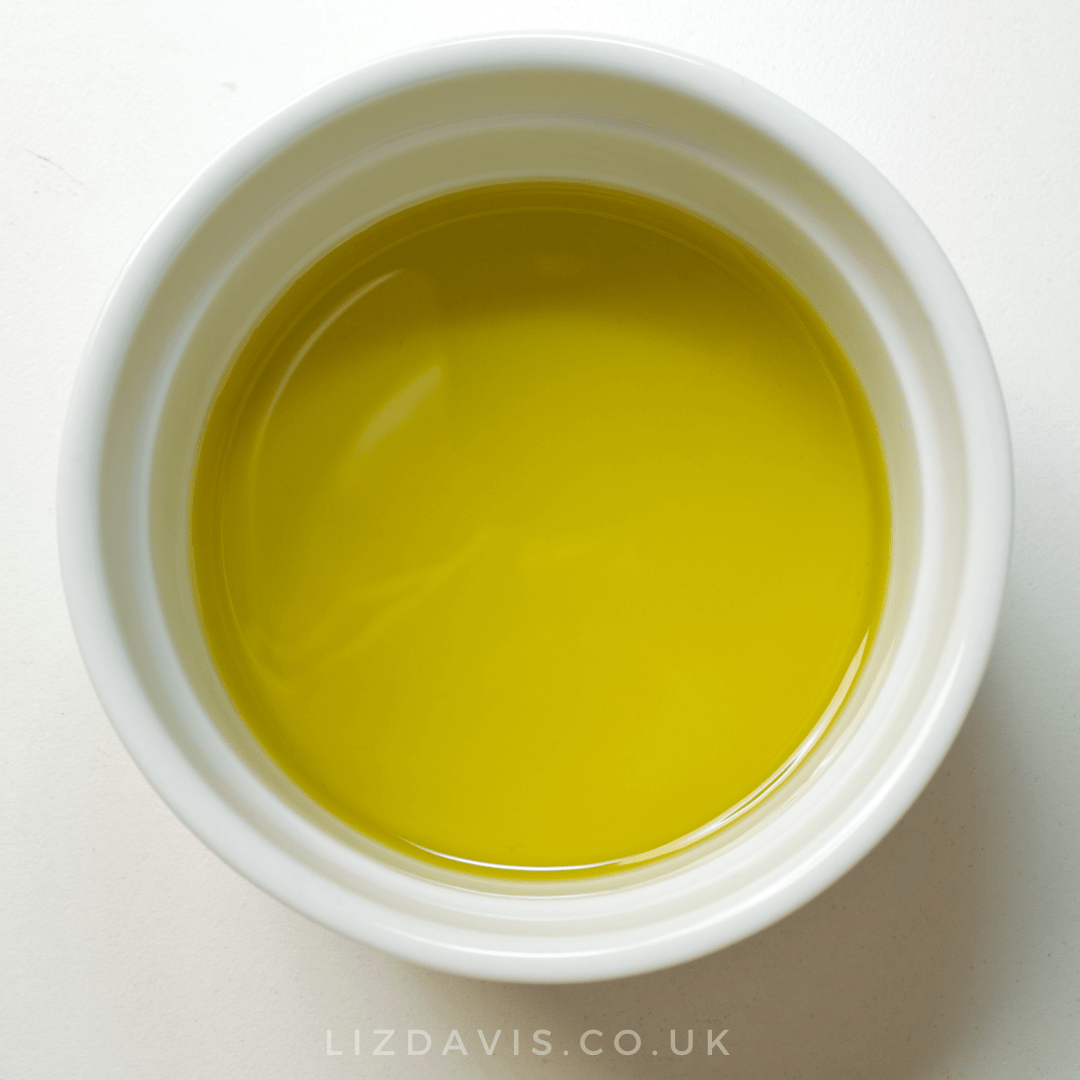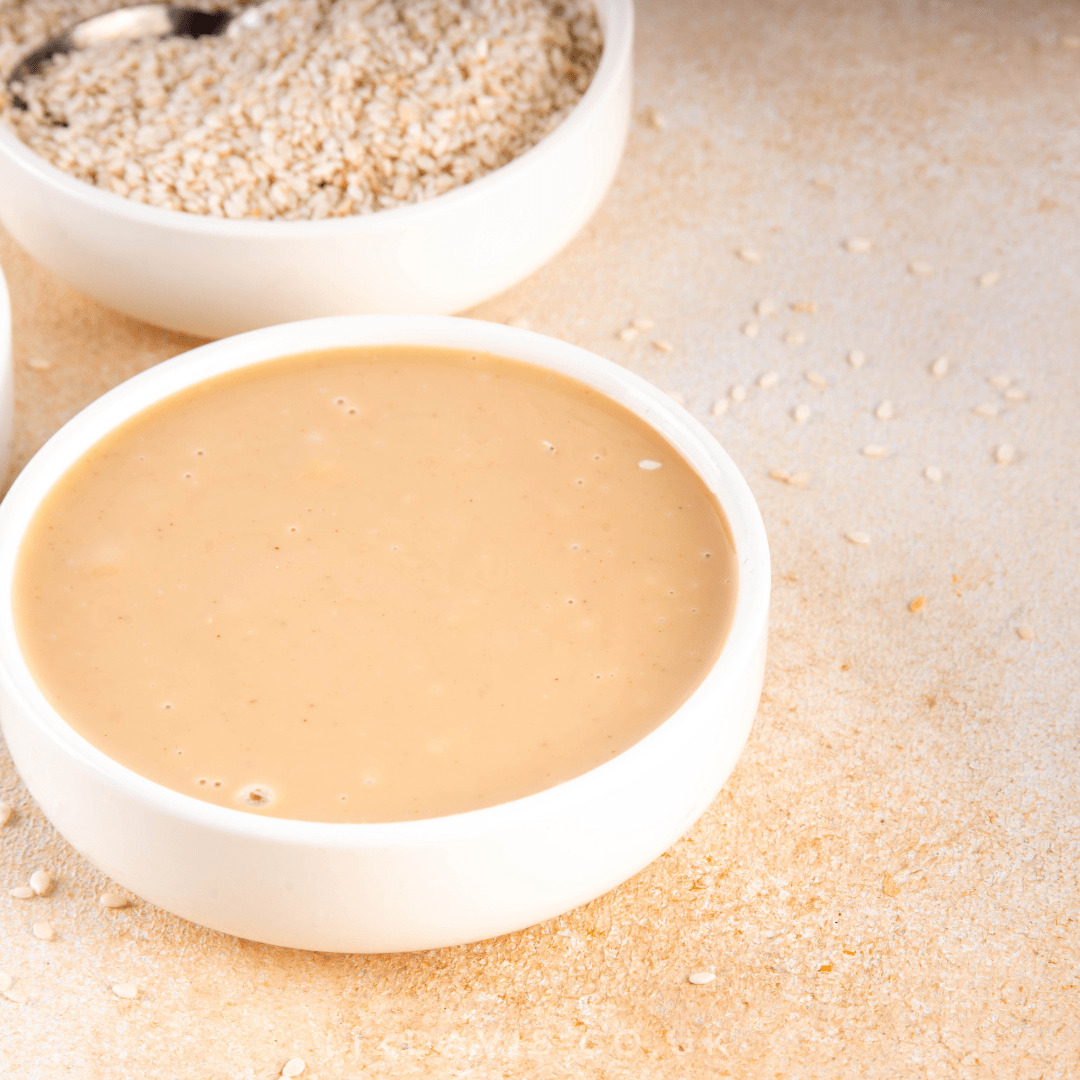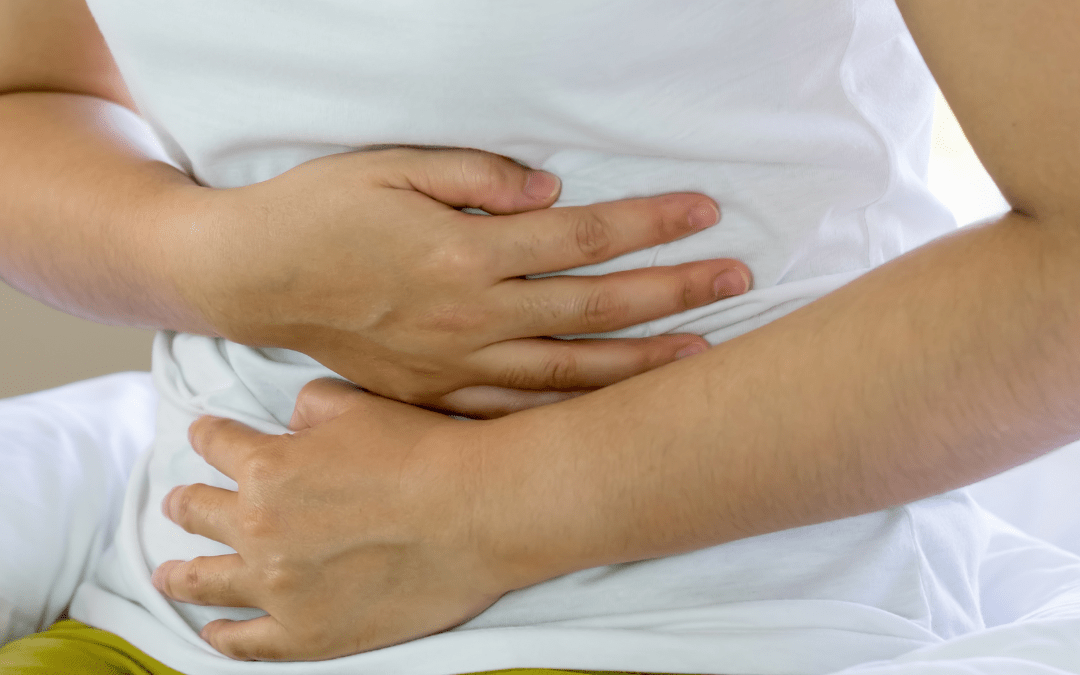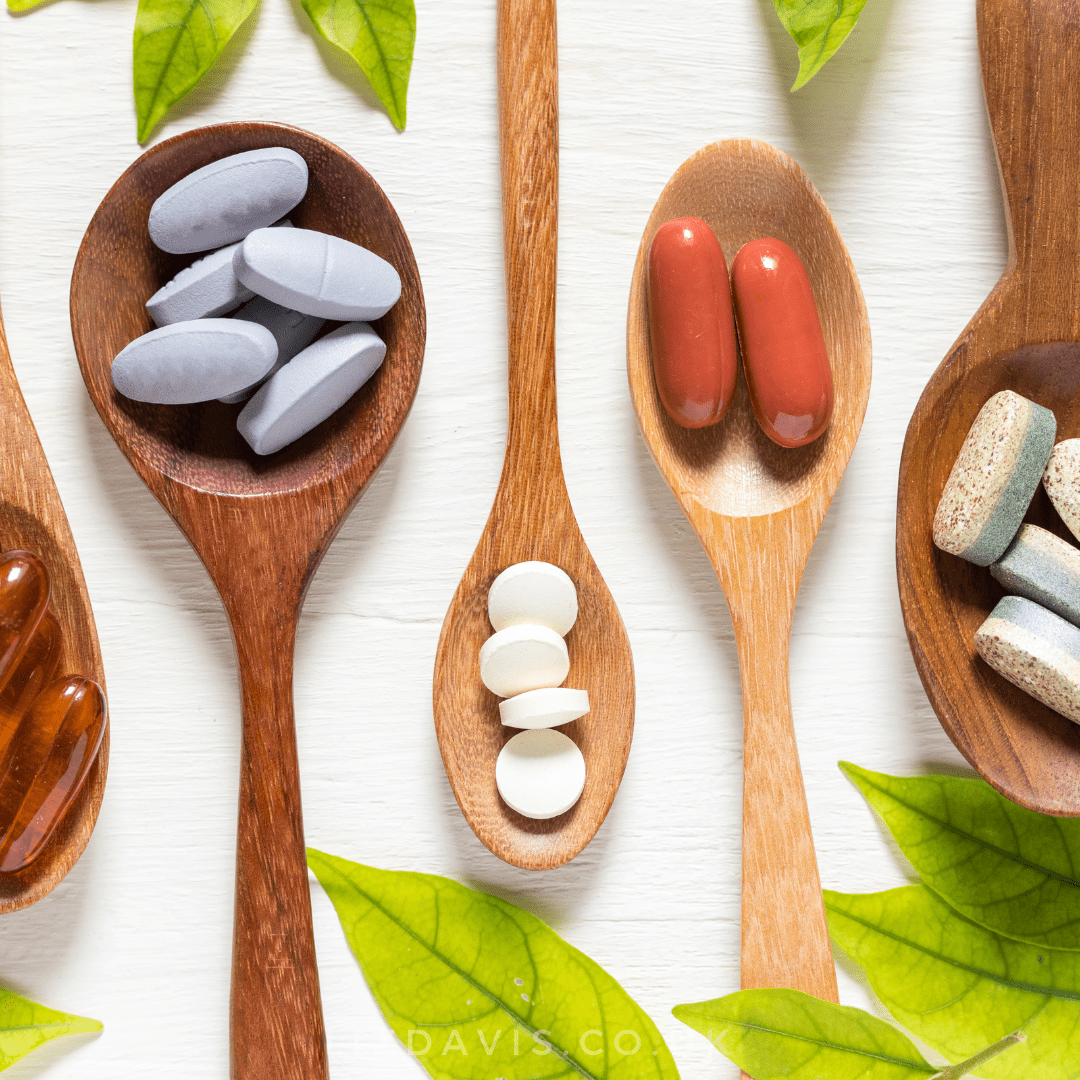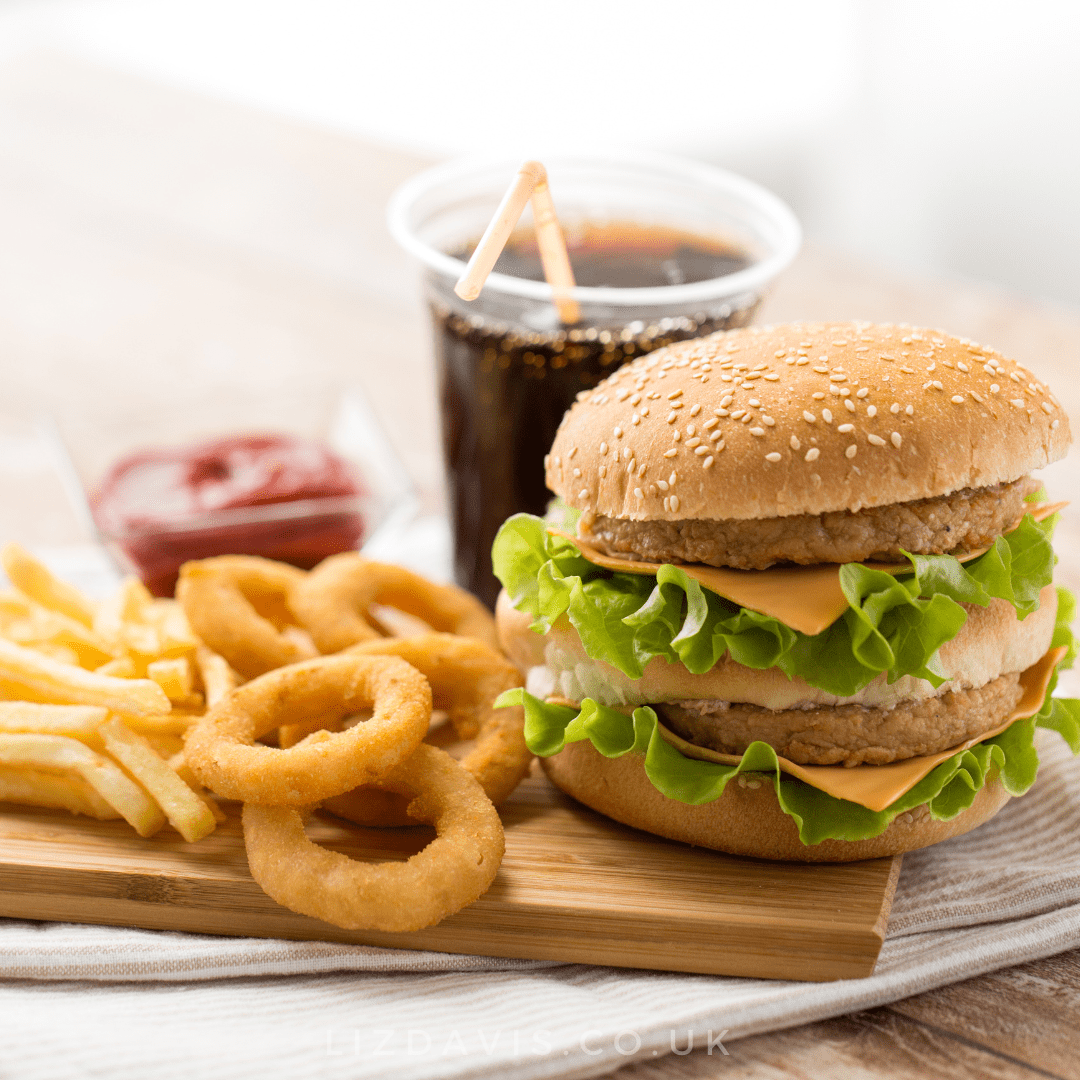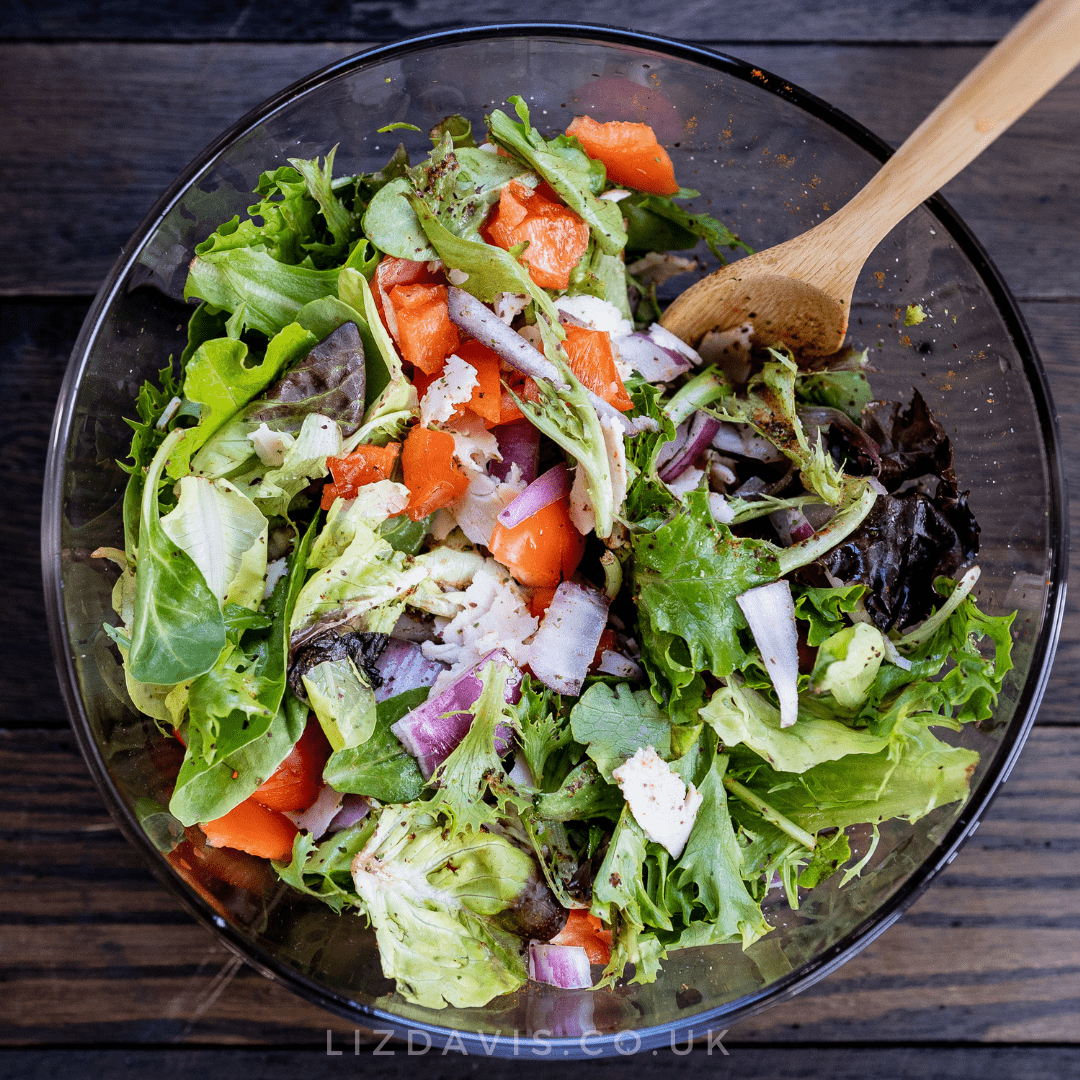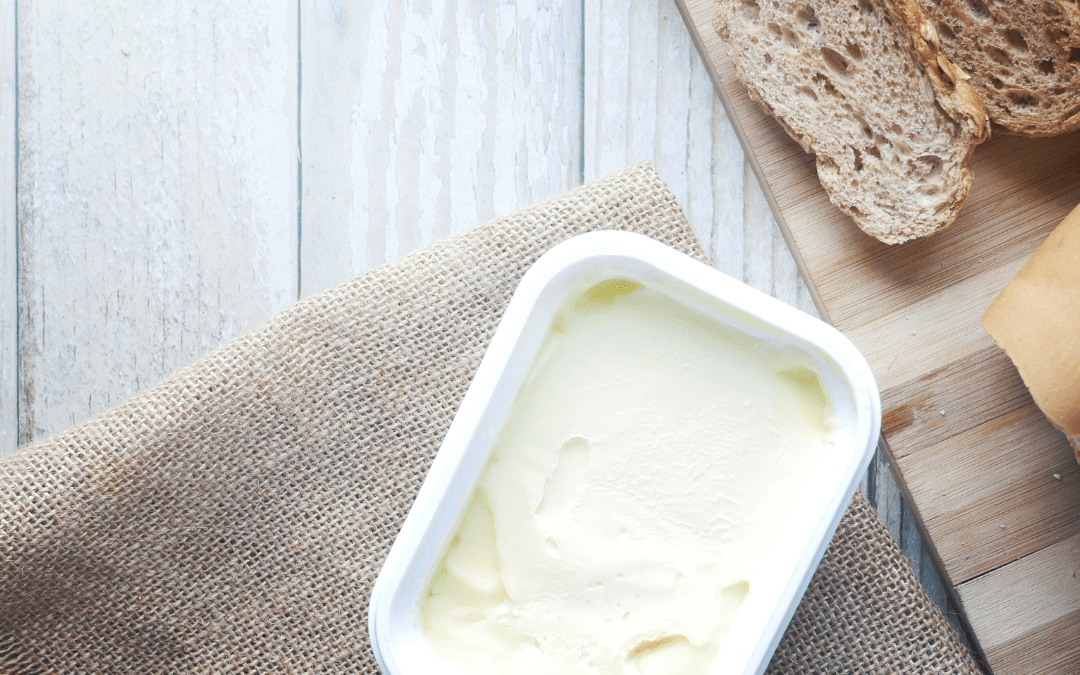
Butter vs. Margarine – Which One’s Really Better for You?
If you’ve ever stood in the supermarket aisle wondering whether to grab the butter or the margarine, you’re not alone. The butter vs. margarine debate has been going on for decades — and it’s easy to see why!
We’ve been told that saturated fat is the enemy, yet newer research keeps challenging that idea. So what’s the truth? Is butter really bad for you? Is margarine actually the healthier choice? Let’s dive into the butter vs. margarine debate once and for all.
🥑 First things first – your body needs fat!
Fat is essential — for hormone production, brain function, cell health, energy, and absorbing key vitamins (A, D, E & K). The problem isn’t fat itself… it’s the type and quality of fat we eat.
That’s why the butter vs. margarine question is such an important one — both contain very different kinds of fats, and your body reacts to them in very different ways.
🌻 The Pros and Cons of Margarine
Margarine starts out as vegetable oil, which then goes through a heavy-duty industrial process (called hydrogenation) to make it solid and spreadable.
💛 The pros:
-
It’s made from polyunsaturated fats, which can be heart-healthy.
-
Some newer, vegan margarines use lovely oils like olive, coconut, or shea — and these are far better choices.
💔 The cons:
-
Processing can damage those “healthy” fats and even create trans fats — the ones you definitely want to avoid.
-
Many margarines are packed with additives to improve taste and texture.
-
Most are very high in omega-6, which we already get far too much of. Too much omega-6 tips the balance and fuels inflammation, which sits at the root of most chronic health conditions.
👉 Bottom line:
If you’re vegan or avoiding dairy, choose a margarine that’s trans fat–free and ideally made with olive or coconut oil. Your local health food shop is a great place to look.
When it comes to butter vs. margarine, margarine can work in moderation — just choose wisely and avoid the ultra-processed ones.
If you’re serious about supporting your gut health, my online course, The Ultimate Gut Health Programme, is the perfect next step. It’s designed to help you calm your digestive system, avoid common triggers, and still enjoy delicious, satisfying meals.
This blog is just the tip of the iceberg — the course goes much deeper, giving you everything you need to truly soothe your gut, feel lighter, and reclaim your digestive comfort.
👉 Click here to get instant access and start feeling the difference today!
🧈 The Pros and Cons of Butter
Butter has had a bad rap thanks to the saturated fat debate — but the butter vs. margarine story isn’t so black and white. In fact, minimally processed butter from grass-fed cows is a rich source of valuable nutrients.
🌿 The pros:
-
Vitamin K2 – essential for bone and heart health, and even linked to cancer prevention.
-
Butyrate – a fatty acid that nourishes your gut lining and supports a healthy microbiome.
-
Omega-3 fatty acids – for brain and skin health.
-
Conjugated Linoleic Acid (CLA) – helps with fat metabolism and lean muscle maintenance.
💬 The cons:
-
Butter is rich in saturated fat. While we do need some, too much of any one fat isn’t ideal.
-
It’s calorie-dense, so moderation is key (a little goes a long way!).
👉 Bottom line:
Butter can absolutely have a place in a healthy diet — especially if it’s organic, grass-fed, or even raw from your local farmers market. The key in the butter vs. margarine debate is balance, not avoidance.
🥥 So, who wins the butter vs. margarine debate?
In truth, variety is best. Different fats offer different benefits, and your body thrives on a mix. Here are some top options to rotate into your diet:
-
🫒 Extra virgin olive oil
-
🥥 Coconut oil
-
🥑 Avocado oil
-
🥜 Nut butters
-
🌻 Seed butters
-
🍋 Hummus
They all make great spreads and snacks — and bring their own healthy fats to the table.
When it comes to butter vs. margarine, the best choice is often to mix things up and prioritise whole, minimally processed options.
💬 The takeaway on butter vs. margarine
Both butter and margarine can have a place in your diet, depending on your needs and preferences. The real goal is to minimise ultra-processed options and focus on variety and quality.
If you’d like some guidance on choosing the right fats (and foods) to support your gut and overall health, I’d love to help. Use the link, below, to book a FREE 30 minute call with me, and we can discuss the best approach for you.
If you’d like to find out which approach would work best for your digestive health, you can book a FREE 30-minute call with me here. We’ll chat about what’s really going on in your gut and whether I’m the right person to help you get it back on track.
If you would like to speak to me about any aspect of your gut health, then please use this link to book into my diary for a FREE 30 minute chat so I can find out more about what is going on for you. Alternatively please use the ‘Learn More’ link below.
Free Mini Programme
Would You Like to Learn How to Fix Your Digestive Symptoms, Beat the Bloat and Feel Amazing?
1:1 Coaching Plans
Get Ready to Permanently Beat the Bloat, Soothe Your Digestion and Feel Amazing
Ultimate Gut Health Programme
Delicious, Filling & Inspiring ways to Become Symptom-Free, Soothe Your Gut and Enjoy Your Food Again!


